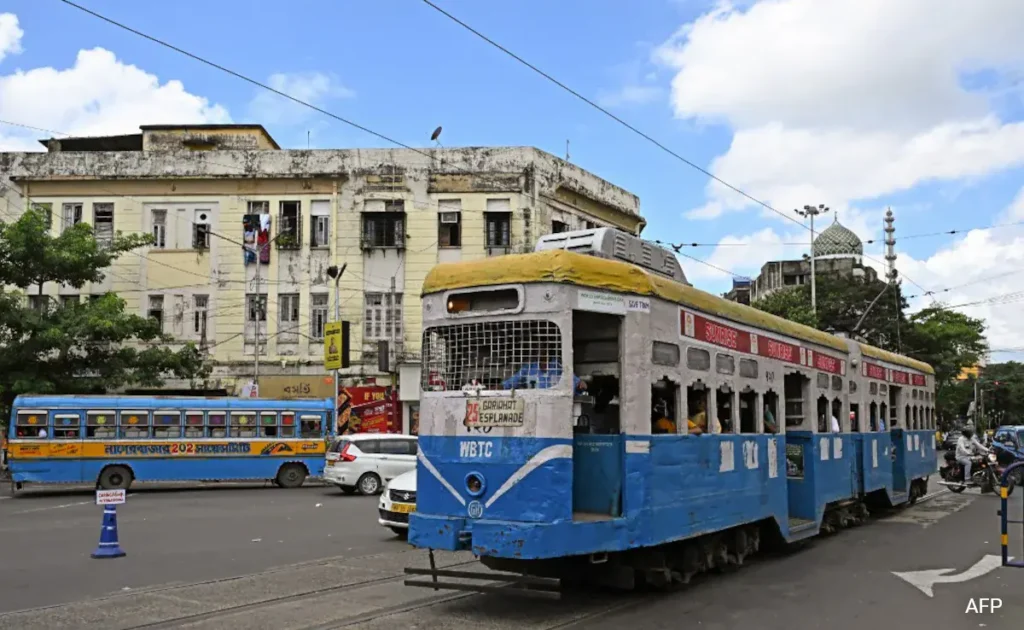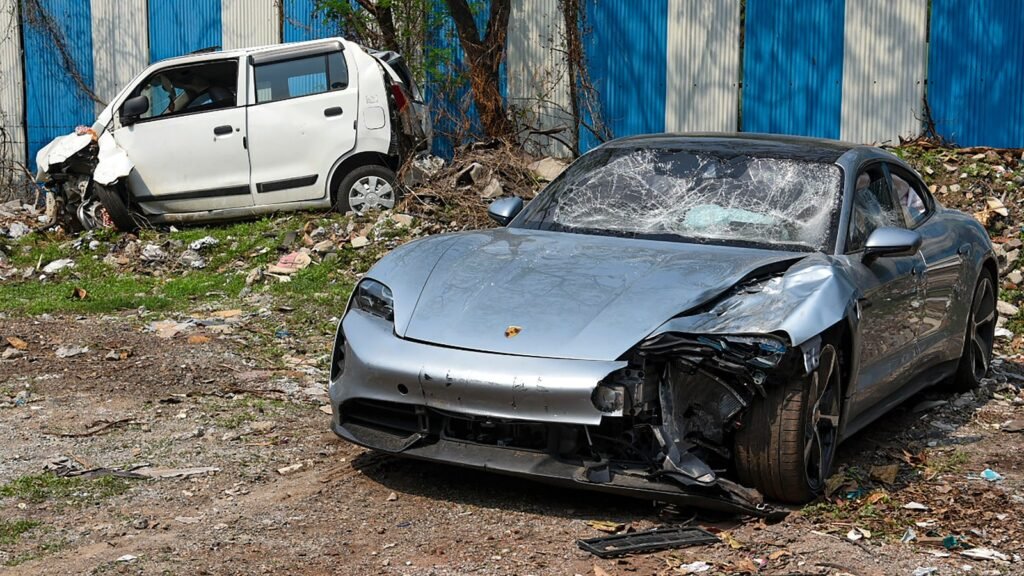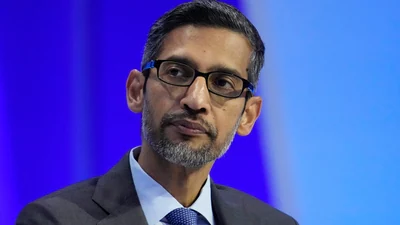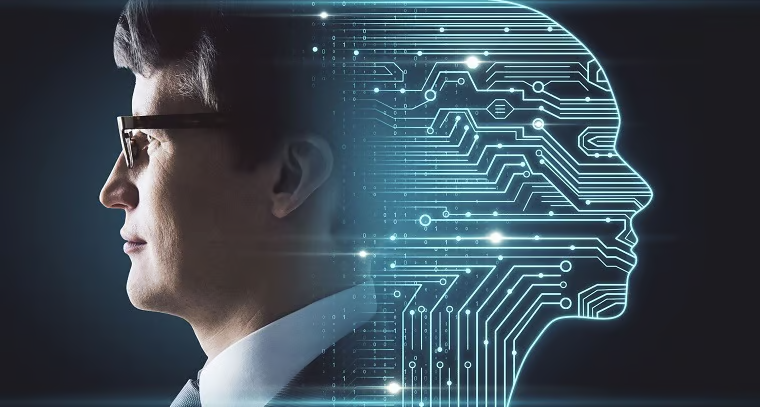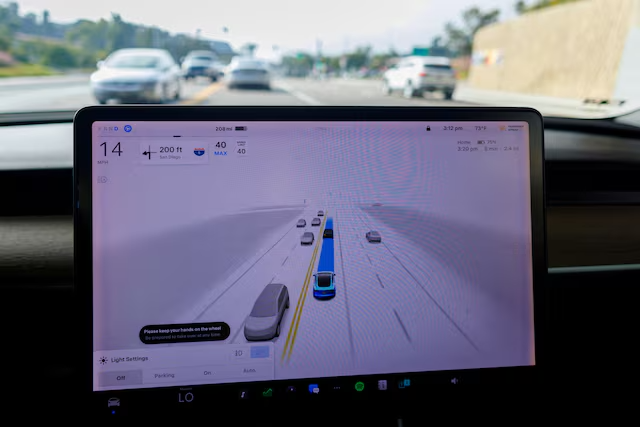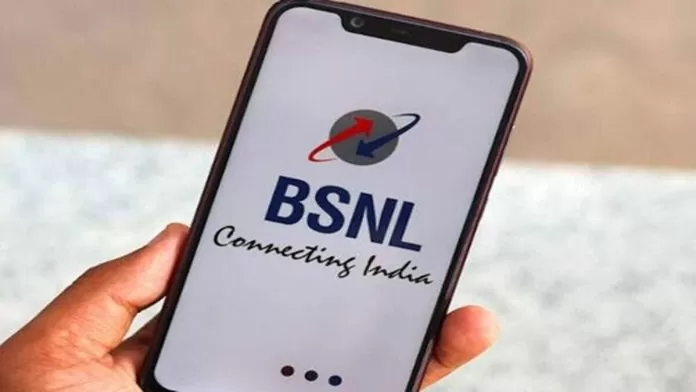Kolkata’s historic 150-year-old tram service is at risk of being discontinued, though the heritage route between Maidan and Esplanade will remain operational.
Kolkata, the last Indian city to operate trams, is preparing to say goodbye to its 150-year-old tram service as the West Bengal government has decided to discontinue most routes. Transport Minister Snehasis Chakraborty cited increasing traffic congestion as the main reason behind the decision. However, the historic tram route between Maidan and Esplanade will remain in service to preserve a part of Kolkata’s heritage. This decision has not been well-received by locals, many of whom view the trams as an essential part of Kolkata’s history and identity. Introduced in 1873 as horse-drawn carriages, trams have long been central to the city’s public transportation system, making them a symbol of Kolkata. The discontinuation of most routes means the city will lose one of its unique characteristics that set it apart from other Indian cities. While there is nostalgia and cultural significance attached to the trams, the government argues the decision is based on practical concerns. According to the transport minister, Kolkata’s narrow streets, which make up only six percent of the city’s surface area, cannot accommodate both the growing number of vehicles and the slow-moving trams. With traffic congestion already a major problem, especially during peak hours, the situation is expected to worsen if trams continue to operate on many routes. Several tram lines across the city have already been suspended, suggesting a gradual phase-out of the service. However, the government plans to maintain the heritage line from Maidan to Esplanade, allowing locals and tourists to continue experiencing a piece of Kolkata’s charm. This heritage route is also promoted as an eco-friendly travel option. The decision to scale back tram services has sparked protests from residents who believe the trams represent more than just a mode of transport; they are a symbol of the city’s cultural legacy. Losing the trams would mean losing an important part of Kolkata’s heritage. The matter is currently under consideration by the Calcutta High Court.

